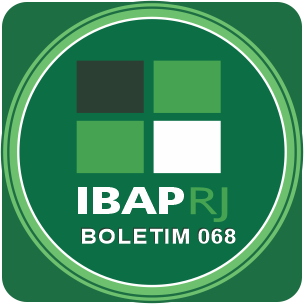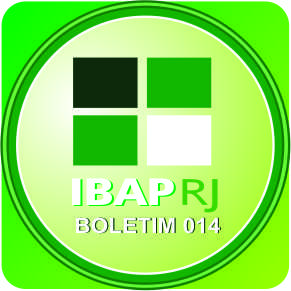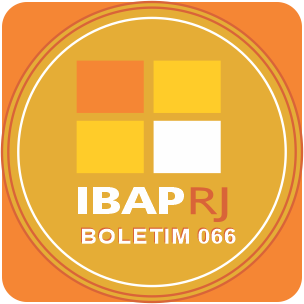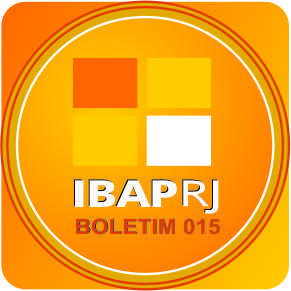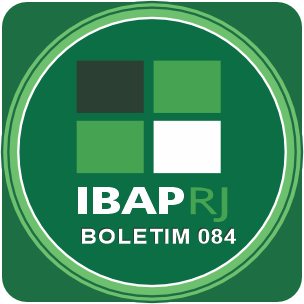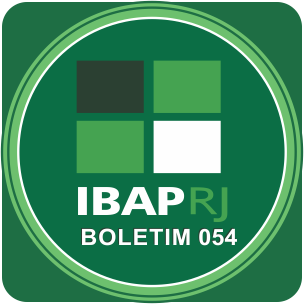Social management is a broad multidisciplinary field; thus, it requires consensus among scholars.
This paper responds to two questions: What elements and categories are prioritized in social management studies by Brazilian scholars? Is there novelty in the elements of SM at the Brazilian approach or it is a superposition with other international perspectives? The methods were lexical analysis, descending hierarchical classification techniques, correspondence analysis, and similarity analysis. The hierarchical clustering of elements extracted from the literature from 1990 to 2019 reveals that the field of social management has six dimensions and originated from previous studies about social participation, governance, and others. Despite the criticism on the concept, there is consensus among Brazilian authors; however, few new ideas emerge, showing a slow grown in the field, besides a low internationalization level. The advance of the praxis is minimizing the level of abstraction; Brazilian scholars defend the triad society, state, and market, but their studies focused more on state and society. On the contrary, international studies recognized the role of firms in social management. The differentiation of the Brazilian perspective of social management is a cognitive citizenship, educational and pedagogical process.
Leia o artigo de Rodrigo Oliveira-Ribeiro e outros em https://www.scielo.br/j/bar/a/SskxrwVCmnW44NHgzX7gDxK/?format=pdf&lang=en


